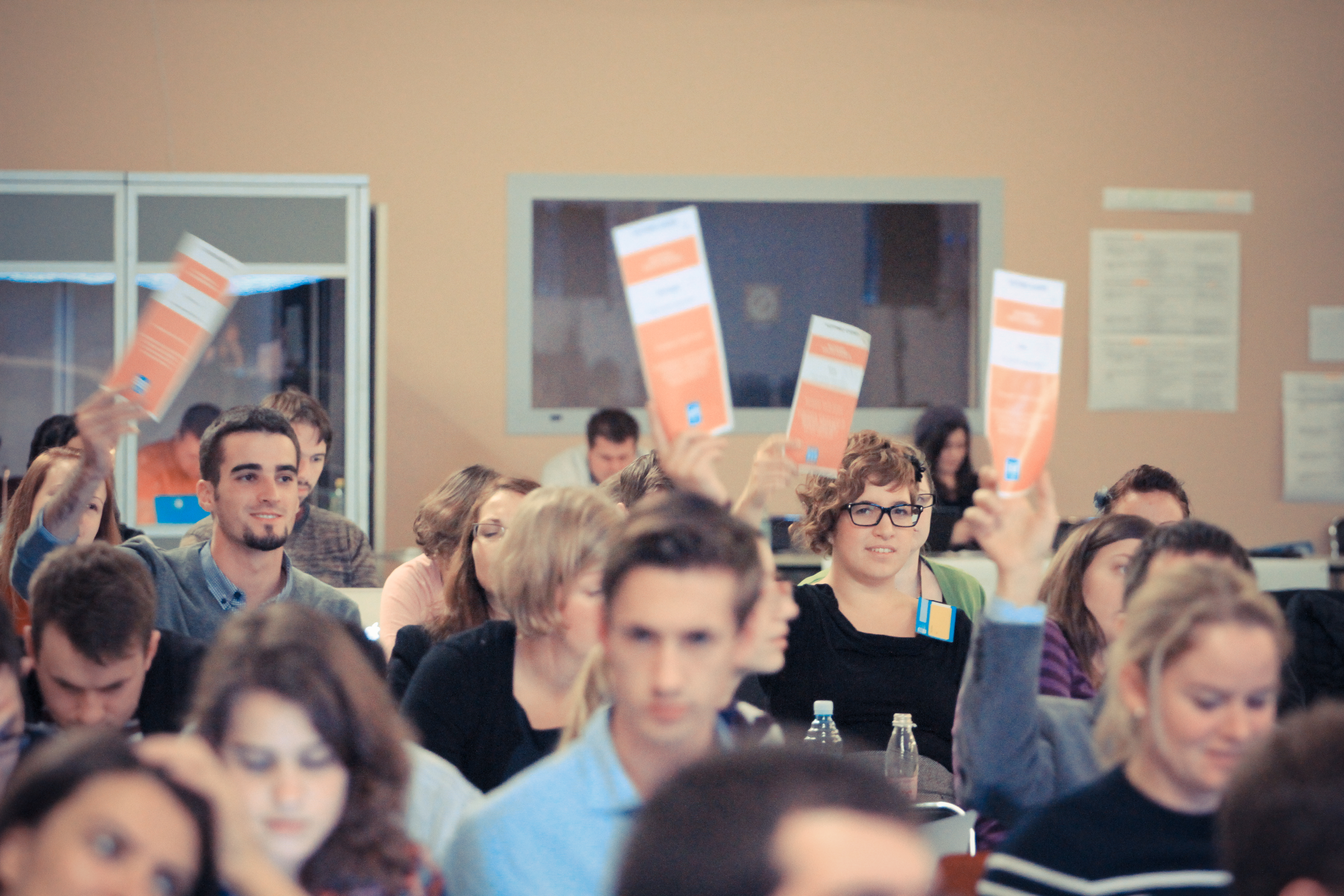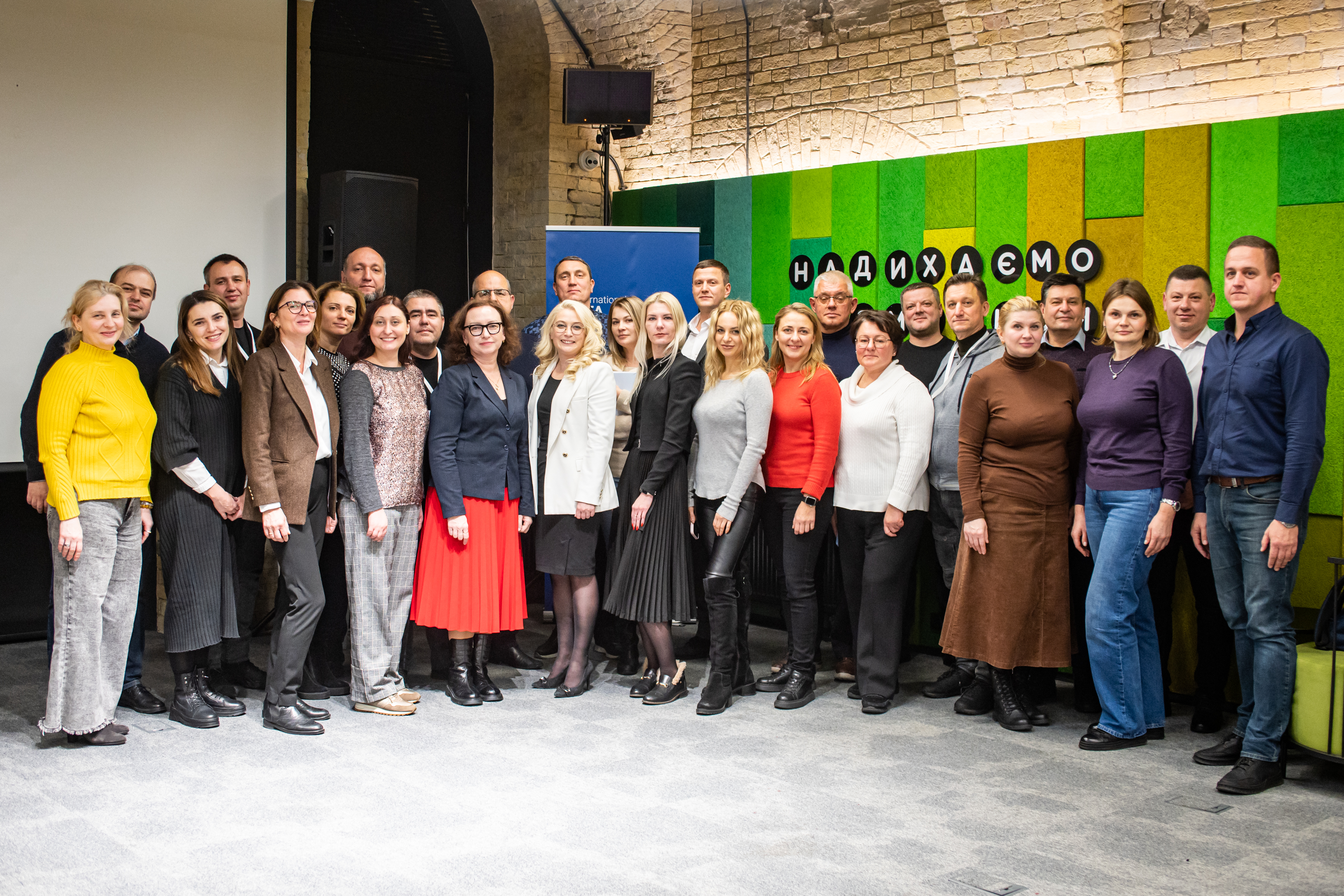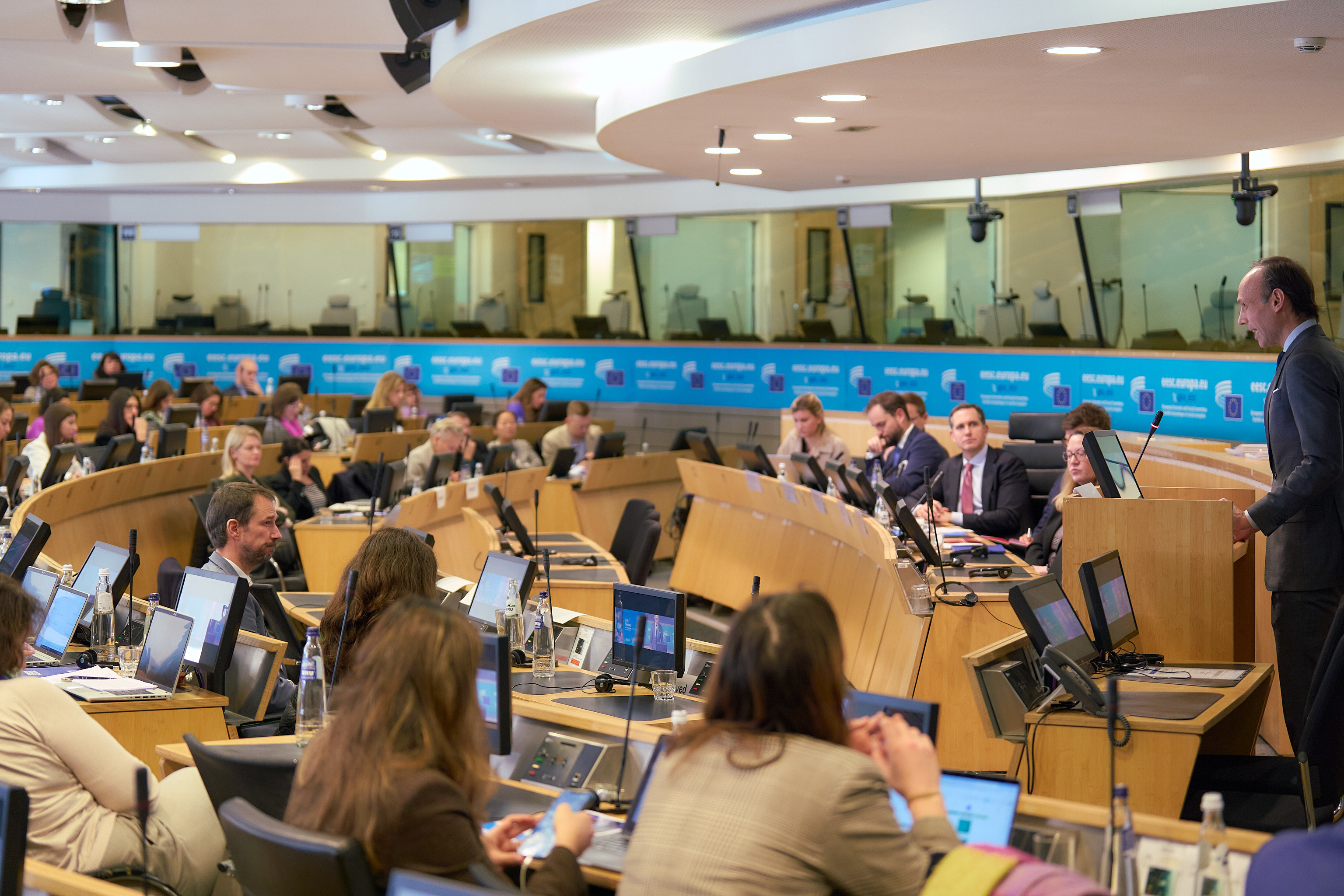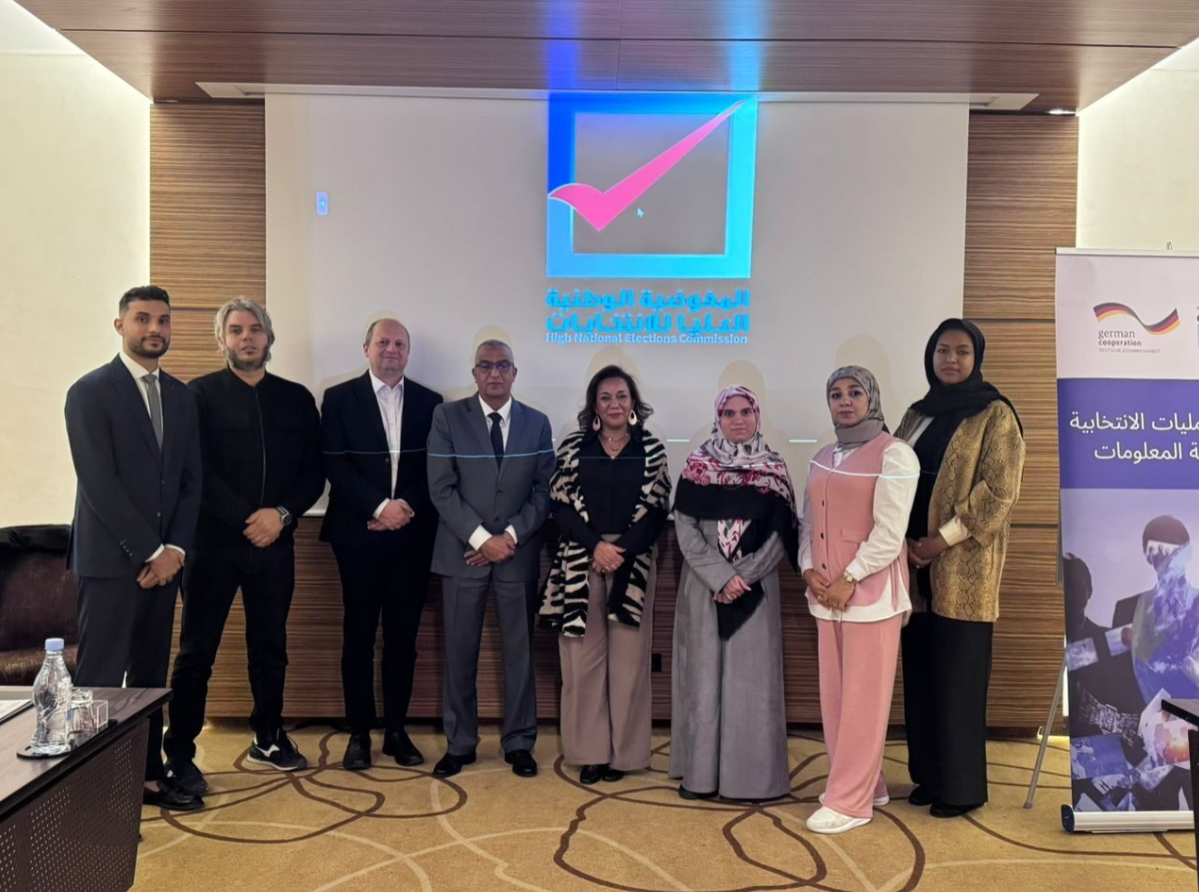
“No citizens, no true democracy” is a widely held perception in academic research and among democracy building practitioners. Previous research from advanced democracies has shown that democratic citizenship and political engagement develop early in life and thereafter stay relatively unchanged. So, how do we build democratic citizenship in transitioning countries, how do citizens learn to be democratic and what role do young people have?
As a first attempt to address these questions, International IDEA together with researchers from Nottingham University, organized a workshop on 11 May 2017 presenting the initial findings from a research project entitled The legacy of authoritarian regimes on democratic citizenship, led by researchers from Nottingham and Essex University.
The research shows that citizens' formative experiences from non-democratic systems impact their political attitudes, values, and behavior – making young people a particularly important group to include in democracy-building efforts. These are called legacy effects and may have important implications for the development of a democratic political culture in transitioning societies.
One of the key research findings is that political socialisation processes have a particularly strong impact on young people between the ages of 15 and 20 years old. The research shows that the more democratic the political system is during the formative years of a citizen, the more positive are their opinions towards democracy later in life. The reverse is true of authoritarian regimes, which tend to negatively influence citizens’ long-term view of democracy if applied during their formative years. This is referred to as the ‘legacy effect’ of authoritarian regimes.
Autocratic regimes have various means to affect citizens’ political attitudes, values and behavior, through indoctrination and/or repression. According to the research findings, autocratic regimes are more successful when using indoctrination rather than repression. Indoctrination has stronger and longer-lasting effects, as it increases nostalgia towards the autocratic regime, even after transition towards democracy. In comparison, citizens who have been subject to hard repression (physical force such as killings and torture) are more likely to feel liberated and, therefore, embrace democracy to a greater extent than those citizens subjected to authoritarian indoctrination mechanisms.
During the workshop, these research findings were linked to experiences from invited practitioners from various regions and organizations. A representative from the Christian Democratic International Centre (KIC-PYPA) shared experiences from Tanzania, Kenya and Uganda under the multi-party political academy Program for Young Politicians in Africa. A representative from the Robert Schuman Institute (RSI) shared experiences about their work with political parties and young people in Ukraine, Moldova and Macedonia, and a representative from the Democracy Reporting International Myanmar (DRI) talked about their experiences working with civic education and young people in Myanmar.
In Myanmar, one key challenge was young people’s limited understanding of democratic concepts. To this end, some civil society organisations have opted to focus their civic education on human rights as a means of increasing young people’s democratic awareness. In contrast, in Eastern Europe, some organisations focus more on creating functioning youth organisations within already existing parties. There, inter-generational dialogues are emphasised as an important measure with which to tackle youth discrimination. In addition, the development of youth branches within political parties is important in enabling young politicians to take an active role in the decision-making processes within said parties. A key challenge in Tanzania, Kenya and Uganda has been to overcome a general lack of trust in politics, due to high corruption rates. These experiences illustrate that the legacy effect of authoritarian regimes can take various forms, depending on the type of repression, indoctrination and transitions towards democracy.
So, how do citizens learn how to be democratic? Are there any solutions for countries in transition from autocratic to democratic rule?
According to the research presented and discussions amongst participants, these questions may be answered by placing a stronger emphasis on democratic civic education, more inclusive party systems, in engaging young citizens while also strengthening inter-generational exchange. This follows the key findings from the research which indicates that civic educational programs are an important strategy to increase citizens’ knowledge and awareness on human rights and democratic citizenship. In addition, young citizens can play a key role in democratization processes, especially in their formative years – between 15 and 25 – and can therefore be seen as a key target group for civic education efforts.
However, there are many questions that remain unanswered, regarding how to create civic educational programs in practice, how to adapt them to local contexts and create local ownership, and how to ensure that the right age groups are targeted – as the median age for youth varies in different regions. These questions need further research and continued dialogue between academics and democracy practitioners.
For more information on the presented research, contact Dr. Anja Neundorf, Associate Professor, Nottingham University or visit https://globalcitizenpolitics.net



